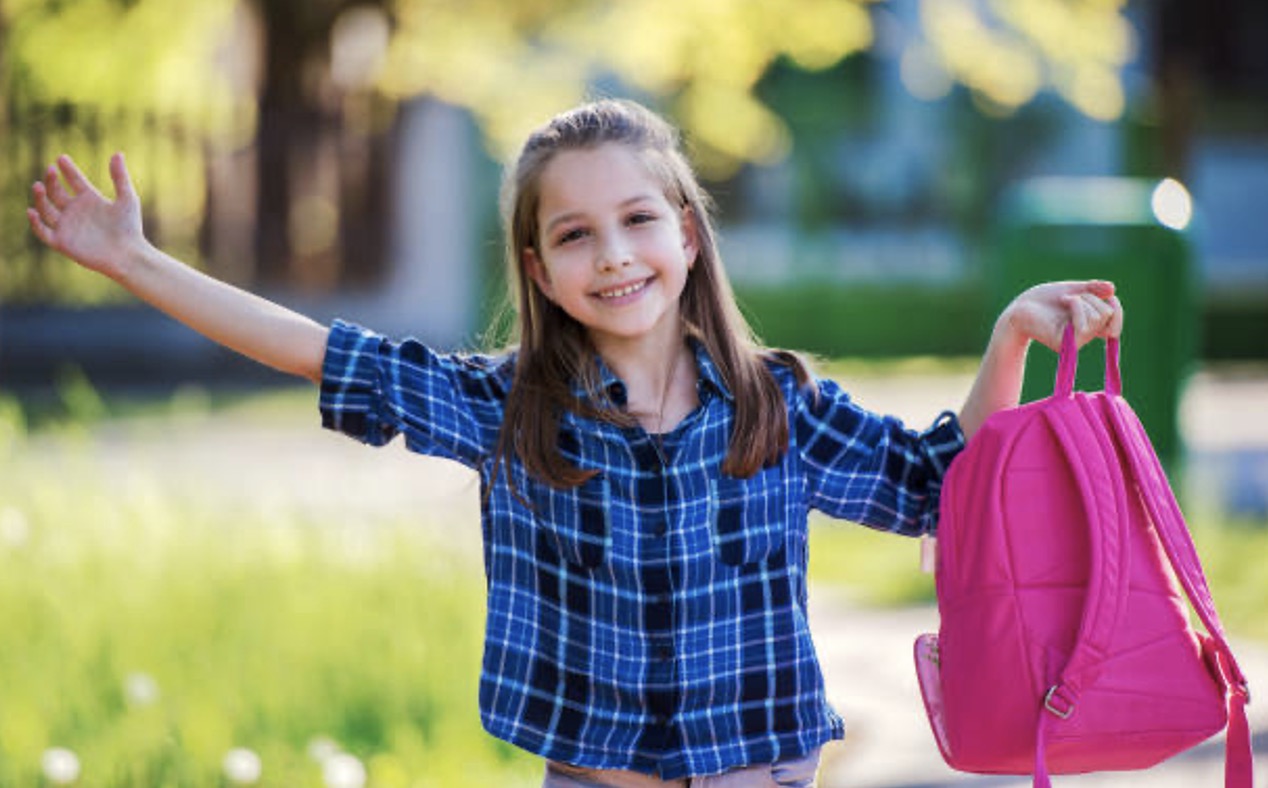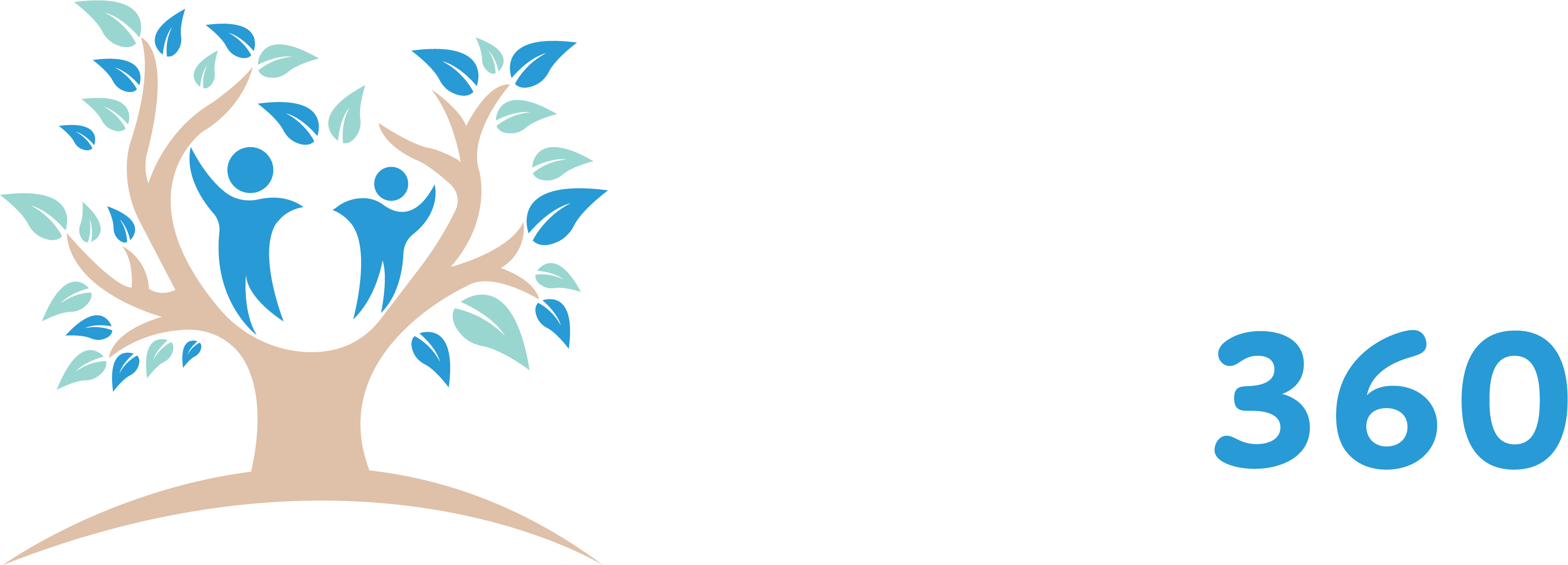Research

Why Gratitude is Crucial in Early Education

Gratitude is crucial in early education as it helps to foster a positive mindset and promotes well-being in children. Gratitude is the act of recognizing and appreciating the good things in one’s life. It is a simple yet powerful tool that can help children develop a more positive outlook on life and improve their mental health.
One study published in the journal “Child Development” found that children who practiced gratitude had better emotional regulation and were more resilient to stress, compared to children who did not practice gratitude. This suggests that children who practice gratitude are better able to cope with negative emotions and are less likely to be negatively impacted by stress.
Another study, published in “The Journal of Positive Psychology,” found that children who practiced gratitude had better social skills, including better emotional regulation and greater prosocial behavior, compared to children who did not practice gratitude. This suggests that children who practice gratitude are more likely to have better relationships with their peers and adults, which is crucial for their social and emotional development.
A third study, published in “The Journal of School Psychology,” found that children who practiced gratitude had better academic outcomes, including better grades, compared to children who did not practice gratitude. This suggests that children who practice gratitude are more likely to have better academic outcomes, which is crucial for their future success in school and beyond.
In conclusion, research has shown that gratitude is crucial in early education as it helps to foster a positive mindset and promotes well-being in children. Children who practice gratitude have better emotional regulation, better social skills, and better academic outcomes.
Educators and parents can encourage children to practice gratitude by creating opportunities for them to reflect on the things they are thankful for, and to express their appreciation to others.
References:
“Child Development” study:
https://onlinelibrary.wiley.com/doi/abs/10.1111/cdev.12928
“The Journal of Positive Psychology” study:
https://psycnet.apa.org/record/2019-05622-001
“The Journal of School Psychology” study:
https://www.sciencedirect.com/science/article/pii/S0022307716301958
Start using Personhood360 for free!
Access all Personhood360 features for 30 days, to see how Personhood360 can add value to your early childhood centre.
Or compare plans from $2.45 per child/month
![]() Cancel any time
Cancel any time![]() Online Support
Online Support
